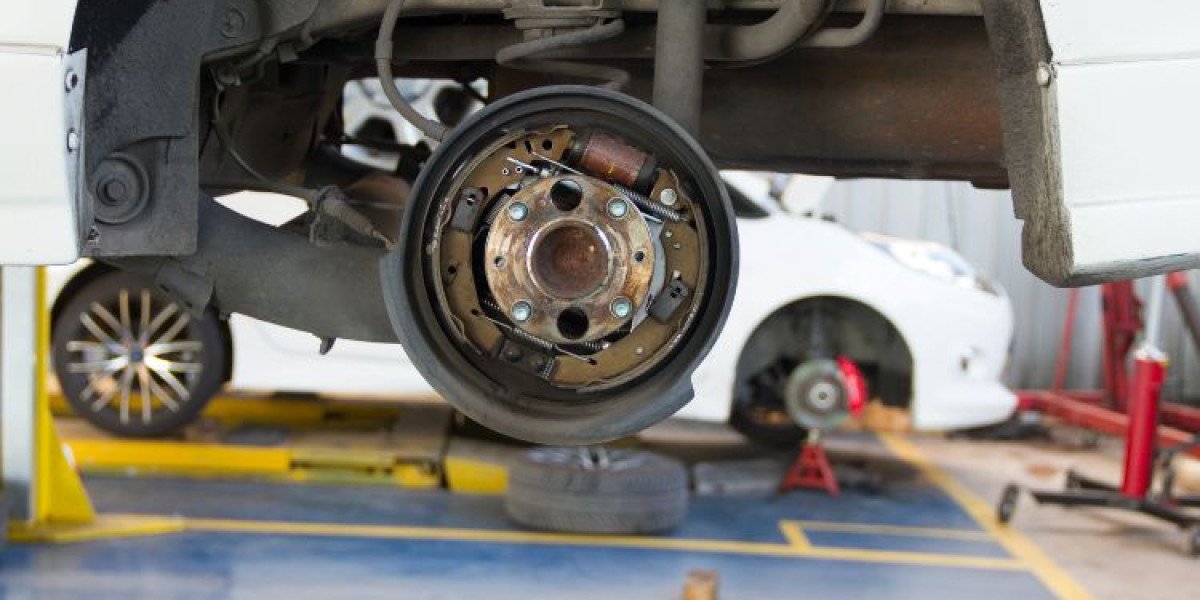Plant maintenance is a crucial aspect of industrial operations that ensures machinery and equipment function efficiently, reliably, and safely. At Allied Power Group, we understand that effective plant maintenance not only extends the life of your assets but also minimizes downtime and reduces operational costs. This comprehensive guide will delve into essential plant maintenance strategies, best practices, and the benefits of a well-structured maintenance program.
Understanding Plant Maintenance
Plant maintenance encompasses all activities required to keep machinery and equipment in optimal working condition. It includes preventive maintenance, corrective maintenance, and predictive maintenance. Each type plays a vital role in maintaining the efficiency and safety of plant operations.
Preventive Maintenance
Preventive maintenance involves routine inspections, servicing, and repairs carried out on equipment to prevent potential failures before they occur. This approach is based on time intervals or usage cycles, aiming to ensure that equipment is maintained in peak condition.
Benefits of Preventive Maintenance:
Reduced Downtime: By addressing potential issues before they become serious, preventive maintenance minimizes unplanned downtime.
Extended Equipment Lifespan: Regular servicing helps extend the lifespan of machinery and equipment.
Cost Savings: Preventive maintenance can reduce the need for costly emergency repairs and replacements.
Best Practices:
Scheduled Inspections: Implement a schedule for regular inspections and servicing.
Detailed Records: Maintain detailed logs of all maintenance activities and equipment conditions.
Staff Training: Ensure that maintenance personnel are trained and up-to-date with the latest techniques and technologies.
Corrective Maintenance
Corrective maintenance refers to repairs and adjustments made after equipment fails or malfunctions. This reactive approach addresses issues as they arise, aiming to restore equipment to its operational state.
Benefits of Corrective Maintenance:
Immediate Response: Allows for quick resolution of unexpected equipment failures.
Focused Repairs: Targets specific issues that have already impacted performance.
Best Practices:
Rapid Diagnostics: Utilize diagnostic tools to quickly identify and address the root cause of failures.
Effective Communication: Ensure clear communication between maintenance teams and operators to facilitate swift problem resolution.
Post-Repair Analysis: Conduct a thorough analysis after repairs to prevent recurrence of the same issues.
Predictive Maintenance
Predictive maintenance leverages data and analytics to predict when equipment will require maintenance. By analyzing performance data, predictive maintenance can foresee potential failures and schedule maintenance activities accordingly.
Benefits of Predictive Maintenance:
Data-Driven Decisions: Makes use of real-time data to guide maintenance decisions.
Reduced Costs: Minimizes unnecessary maintenance and reduces the risk of unexpected failures.
Optimized Performance: Helps maintain equipment at its peak performance levels.
Best Practices:
Advanced Monitoring: Implement sensors and monitoring systems to collect real-time data.
Data Analysis: Use sophisticated analytics to interpret data and predict maintenance needs.
Integration with Maintenance Management Systems: Ensure predictive maintenance is integrated with your overall maintenance management system for seamless operation.
Developing a Robust Plant Maintenance Program
A well-designed plant maintenance program is essential for achieving operational excellence. This program should encompass several key components:
1. Maintenance Strategy
Define a clear maintenance strategy that aligns with your plant's operational goals and requirements. This strategy should outline the types of maintenance to be performed, frequency, and responsible personnel.
2. Maintenance Planning
Effective maintenance planning involves creating a detailed schedule for maintenance activities, allocating resources, and setting priorities. Utilize planning tools and software to streamline this process.
3. Maintenance Execution
Implement maintenance tasks according to the established plan. Ensure that all activities are carried out efficiently and that any deviations are documented and addressed.
4. Performance Monitoring
Regularly monitor the performance of your maintenance program to ensure it is meeting objectives. Track key performance indicators (KPIs) such as downtime, repair costs, and equipment reliability.
5. Continuous Improvement
Continuously evaluate and improve your maintenance program based on performance data and feedback. Adopt new technologies and methodologies to enhance maintenance practices.
Technological Advancements in Plant Maintenance
The landscape of plant maintenance is continually evolving, with new technologies offering innovative solutions to traditional challenges. Here are some of the latest advancements:
1. Internet of Things (IoT)
IoT technology allows for real-time monitoring of equipment through connected sensors. This technology provides valuable insights into equipment performance and helps predict maintenance needs.
2. Artificial Intelligence (AI) and Machine Learning
AI and machine learning algorithms analyze vast amounts of data to identify patterns and predict equipment failures. These technologies enhance predictive maintenance and decision-making processes.
3. Augmented Reality (AR)
AR technology provides maintenance personnel with interactive, real-time information and visualizations. This can improve the efficiency and accuracy of maintenance tasks.
4. Advanced Analytics
Advanced analytics tools offer deeper insights into equipment performance and maintenance needs. These tools help optimize maintenance strategies and improve overall plant efficiency.
Conclusion
In conclusion, effective plant maintenance is essential for maximizing the efficiency, reliability, and safety of industrial operations. By implementing a comprehensive maintenance program that includes preventive, corrective, and predictive maintenance, plants can achieve significant cost savings, minimize downtime, and extend the lifespan of their assets. Embracing technological advancements further enhances maintenance practices, driving continuous improvement and operational excellence.
At Allied Power Group, we are committed to providing expert plant maintenance solutions that meet the highest standards of performance and reliability. By leveraging our extensive experience and the latest technologies, we help our clients achieve their operational goals and maintain a competitive edge in their industries.
 AdBlock Detectado
AdBlock Detectado








